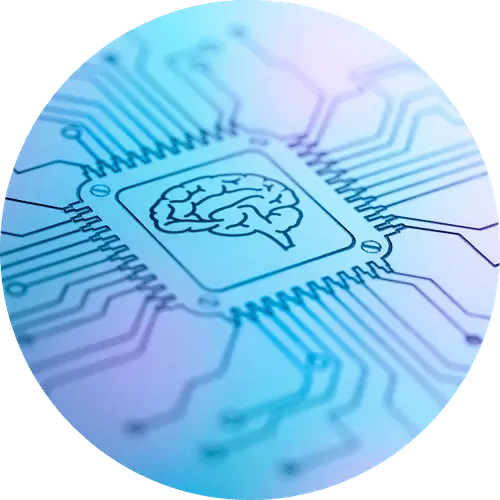In this article, learn how AI, otherwise known as artificial intelligence, can be used to diagnose, treat, and monitor inflammatory skin conditions like eczema or atopic dermatitis.

In the world of dermatology, artificial intelligence (AI) is emerging as a revolutionary force, redefining how chronic inflammatory skin diseases are diagnosed, treated, and monitored. This fusion of technology and medicine offers significant benefits for doctors and patients alike, revolutionizing the modern dermatology landscape.
One of the most promising aspects of using AI in dermatology is its ability to make early and accurate diagnoses. Sophisticated algorithms can analyze dermatoscopic images with an accuracy that rivals, or even exceeds, that of human dermatologists. For example, companies like MetaOptima have developed AI-based tools that can detect early signs of skin cancers, allowing for faster and more effective treatment.
AI also allows for a more personalized approach to dermatological treatments. By analyzing vast data sets, AI can recommend treatment plans tailored to patients' genetics, lifestyle, and individual responses. This paves the way for more effective treatments with fewer side effects, improving patients' quality of life.
The follow-up of chronic inflammatory skin diseases is just as crucial as the initial diagnosis and treatment. AI excels in this field by allowing continuous monitoring of symptoms. Mobile applications that incorporate AI algorithms can help patients document and track the evolution of their skin conditions over time. This provides doctors with real-time data to adjust treatments and allows patients to better understand the impact of their lifestyle on their skin health.
VisualDx is a concrete example of the application of AI in the dermatological field. This platform uses AI algorithms to analyze images of skin lesions and offers differential diagnoses to doctors. This allows for faster and more informed decision-making.
SkinVision uses machine learning algorithms to assess skin cancer risks based on photos taken by users. By identifying changes in moles, the app alerts users to early signs of malignancy, thus promoting rapid medical intervention.
As we move into the future, AI promises to play an even more central role in dermatology. Advances such as the integration of augmented reality into virtual dermatological consultations and the use of connected skin sensors powering AI algorithms for continuous monitoring foreshadow a new era of skin care.
In this context of technological advent, The Ouch! app distinguishes itself by offering a fun approach for monitoring skin symptoms. This application uses health data to help users better understand their illnesses in an interactive way. By identifying daily habits that have an impact on how pain feels, Ouch! promotes awareness of triggers and encourages healthier lifestyle choices.
In conclusion, artificial intelligence is revolutionizing dermatology, significantly improving the diagnosis, treatment and monitoring of chronic inflammatory skin diseases. As technology evolves, patients can expect more personalized care and a better understanding of their skin health. The Ouch! app is positioned as a concrete example of how technology can be used in a fun and educational way to improve the quality of life of people with dermatological diseases. Embark on this new era of skin care, where technology and medicine meet to offer a promising future for dermatology.